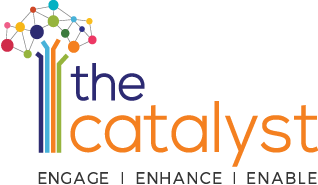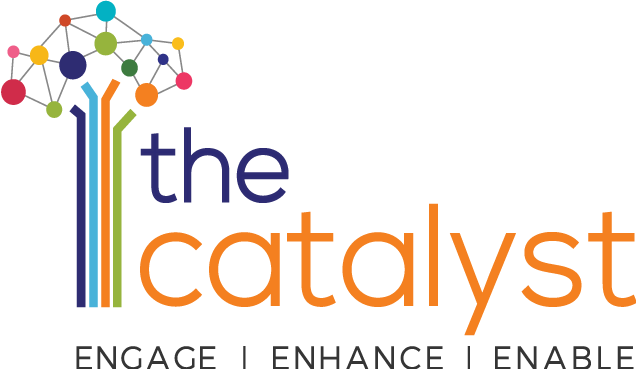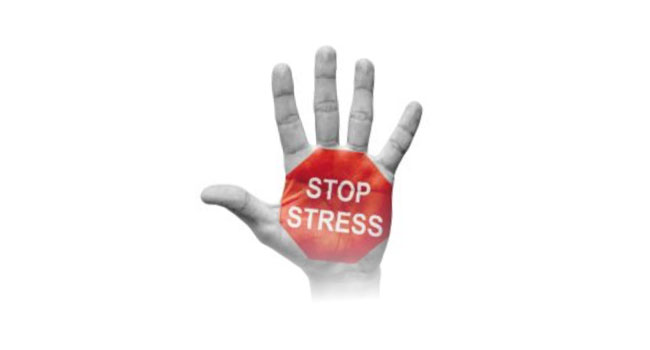Recently, I shifted my 7 year old child from a conventional public school to a non-conventional school which follows the same curriculum but a very different approach to the way in which the learning gets imparted. In training parlance, both schools have the same learning content and learning outcome, but the mode of delivery varies. Whereas the previous school relied heavily on memorisation and endless practice, the latter relies heavily on learning by asking, doing and reflecting. The results are spectacular – my child seems to be happier, keener to learn and is discovering new things even about concepts learned earlier. To illustrate with an example, while he has known the concept of even and odd numbers for a long time now, its only recently that he discovered (on his own!) that when you subtract an odd number with an even number, the result will always be odd and so also for even numbers.
In the India that people of my generation grew up in, it was believed that pressure and stress could increase our ability to learn and be creative. This is the philosophy behind getting students to scurry from 45-minute to 45-minute cram-for-test sessions, forcing resident students to work over 80 hours a week, and why corporations expect employees to learn and perform at peak levels while working weekdays and weekends without respite.
But the research into the effects of stress on learning is forcing brain-based educators to conclude that the systems favoured by our learning institutions may in themselves produce so much stress that not only is effective learning and creativity compromised but so too the capacities for big-picture thinking, future planning, and compassion. The result is scholastic, government, and corporate institutions are filled not with joyful, productive, creative, and compassionate learners but with disgruntled individuals who have behavioural problems and are unhappy and uninspired.
No wonder then that we face leadership issues at the top, that while our workforce is well equipped in functional skills, they lack higher order skills such as critical thinking, creative problem solving, empathy, ability to envision the big picture – all critical aspects of nation building.
The need of the hour is to question the basic premise on which our learning system is based as that is what will impact the character of our nation going forward. Is it important to create competitive robots each trying to outrun the other on parameters of ‘how much I know’ or is it important to create emotionally healthy individuals who are tolerant, inquisitive, aware and nurture a deep love for learning?
It is not only for educators and policy makers to imbibe the latter approach to education (and change the curriculum and the assessment and delivery approach accordingly), it is also for us as parents and guardians to change the principles on which we nurture our children. It is with this collaborative mind-set between the parent and educator community that the fabric of our coming generation can change.








Leave a Reply
Your email is safe with us.
You must be logged in to post a comment.